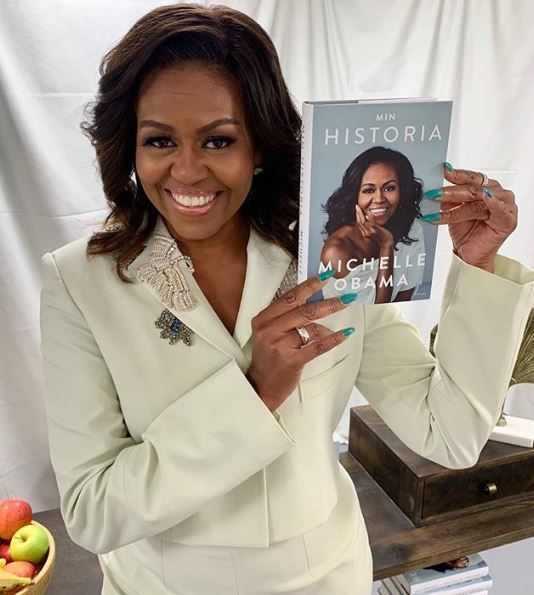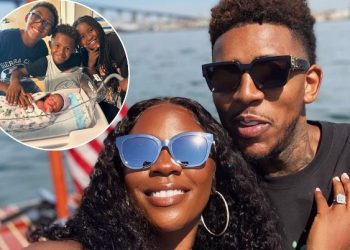According to the Center for Disease Control and Prevention, approximately 10% of women between 15 to 44-years-of-age in the United States have trouble conceiving. For women of color, that percentage rate is actually higher. In her best-selling book Becoming, Michelle Obama revealed that she too suffered from infertility.
In an article published by Shady Grove Fertility, in her book, Obama talks about having a miscarriage 20 years ago. In order to have children, the former first lady decided to undergo In-Vitro Fertilization (IVF) treatment to conceive daughters Malia and Sasha.
“I think it’s the worst thing that we do to each other as women … not share the truth about our bodies and how they work and how they don’t work,” Obama said. As a result of her openness to share something so intimate, Obama has started the conversation, encouraging black women to seek help when it comes to conception.
“I’m so thankful to our former first lady for elevating the conversation of miscarriage, loss, and infertility to the level of importance it deserves,” commented Dr. Desireé McCarthy-Keith, a board-certified reproductive endocrinologist at Shady Grove Fertility’s Atlanta location. “It’s encouraging to see the increasing rate of black women now seeking infertility care. Michelle Obama’s openness along with other prominent celebrities such as Gabrielle Union, sparked a national conversation about equity in women’s healthcare for black women along with a need to break the taboos in the black community about infertility, something we should all be grateful for.”
In a 2018 survey done in Women’s Health Magazine, black women are less likely to open up about infertility and health issues as their Caucasian counterparts. Therefore, the open conversation of such high profile successful black women is without a doubt a blessing to the community.
“…when we see women who are highly successful, accomplished, and who share that, it really just equalizes and shows us that infertility does not discriminate based on age, ethnicity, status, anything. It can affect us all. It’s really refreshing to have this conversation that’s kind of brought to the forefront now,” McCarthy-Keith states.
For general information on reproductive health, visit the CDC website on infertility here. For more specific information on treatment options such as IVF and others, consult your physician. Keep the conversation going, reproductive health is important for all.







